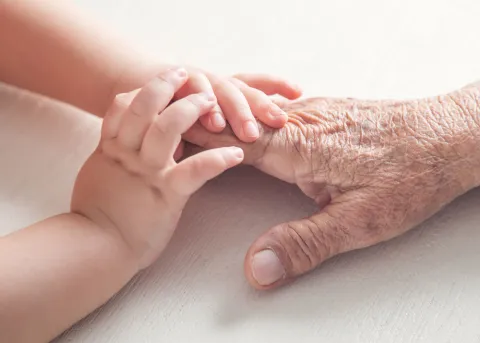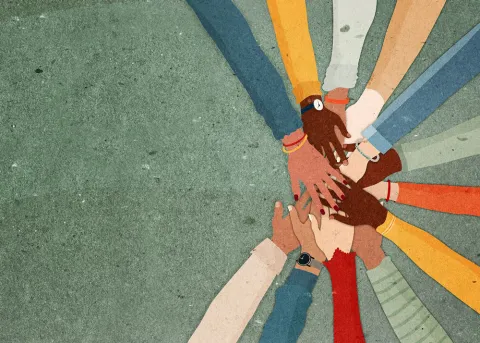Discover how digital apps and online tools support resilience training. Learn how the Lyda Hill Institute for Human Resilience blends virtual learning with real-world connection through programs like GRIT and Trauma Foundations.
All News Articles
Discover how post-traumatic growth helps people transform adversity into strength and meaning. Learn how the Lyda Hill Institute for Human Resilience turns resilience science into real-world healing.
Learn how resilience theories such as the ART and socio-ecological models shape real-world programs like GRIT at the Lyda Hill Institute for Human Resilience.
Resilience is often described as the ability to “bounce back” from life’s challenges. But what that looks like changes as we grow. The resilience of a teenager balancing school stress and social pressures is not the same as that of an older adult adapting to health changes or...
Discover how community resilience helps neighborhoods recover and rebuild after crisis. Learn how the Lyda Hill Institute for Human Resilience strengthens collective healing through programs like GRIT and Trauma Foundations.
Discover how marginalized and minority communities build resilience through culture, connection, and advocacy. Learn how the Lyda Hill Institute for Human Resilience creates inclusive, equity-driven programs for healing and growth.
Adolescent stress, anxiety, and burnout are rising at rates that outpace traditional mental-health resources in schools. Evidence from resilience theory and applied prevention science suggests that teaching coping and self-regulation skills proactively—before...
Playfulness is often dismissed as lighthearted or optional, yet emerging research suggests it plays a meaningful role in how individuals adapt during periods of stress. Recent findings from Frontiers in Psychology introduce the concept of “lemonading,” a process in which...







